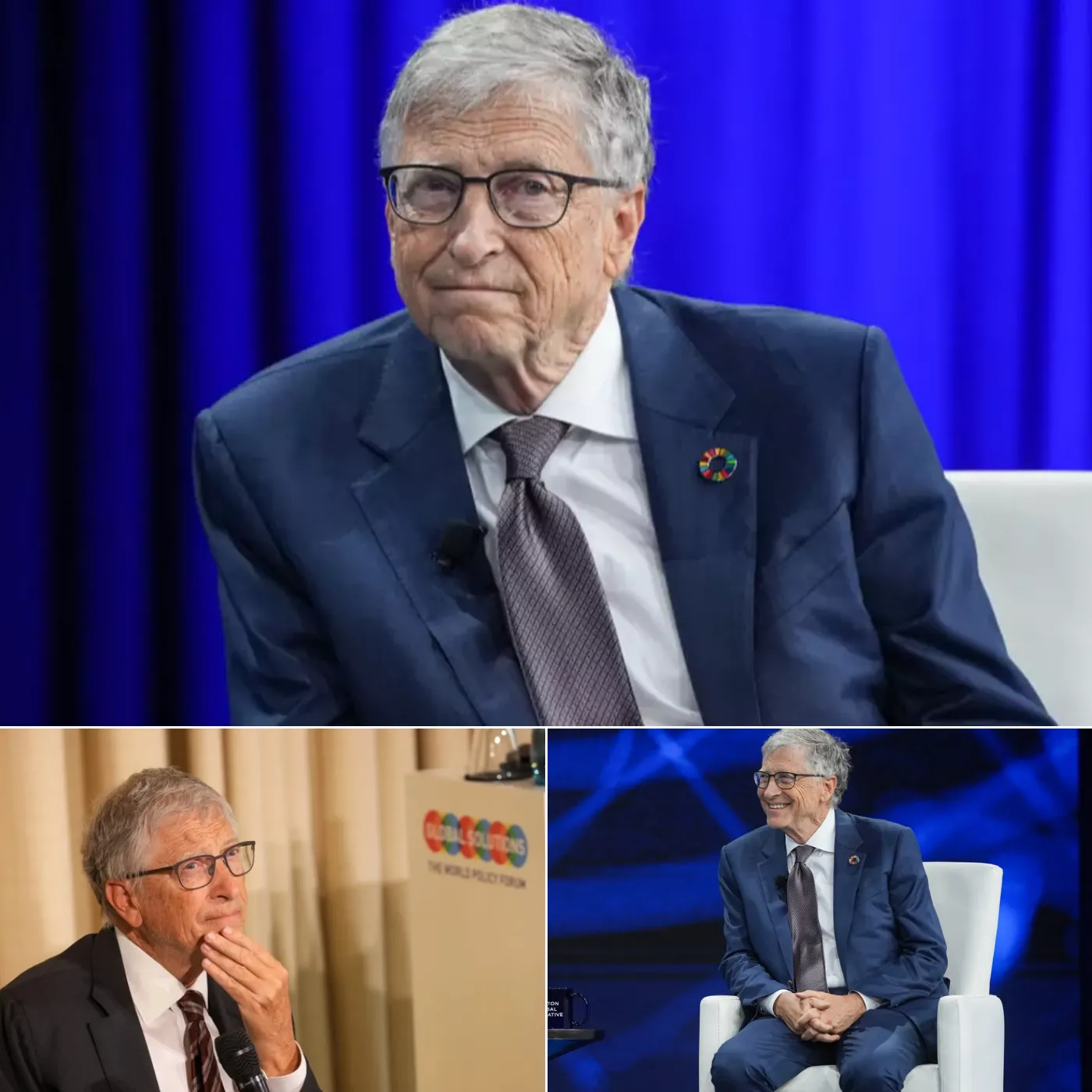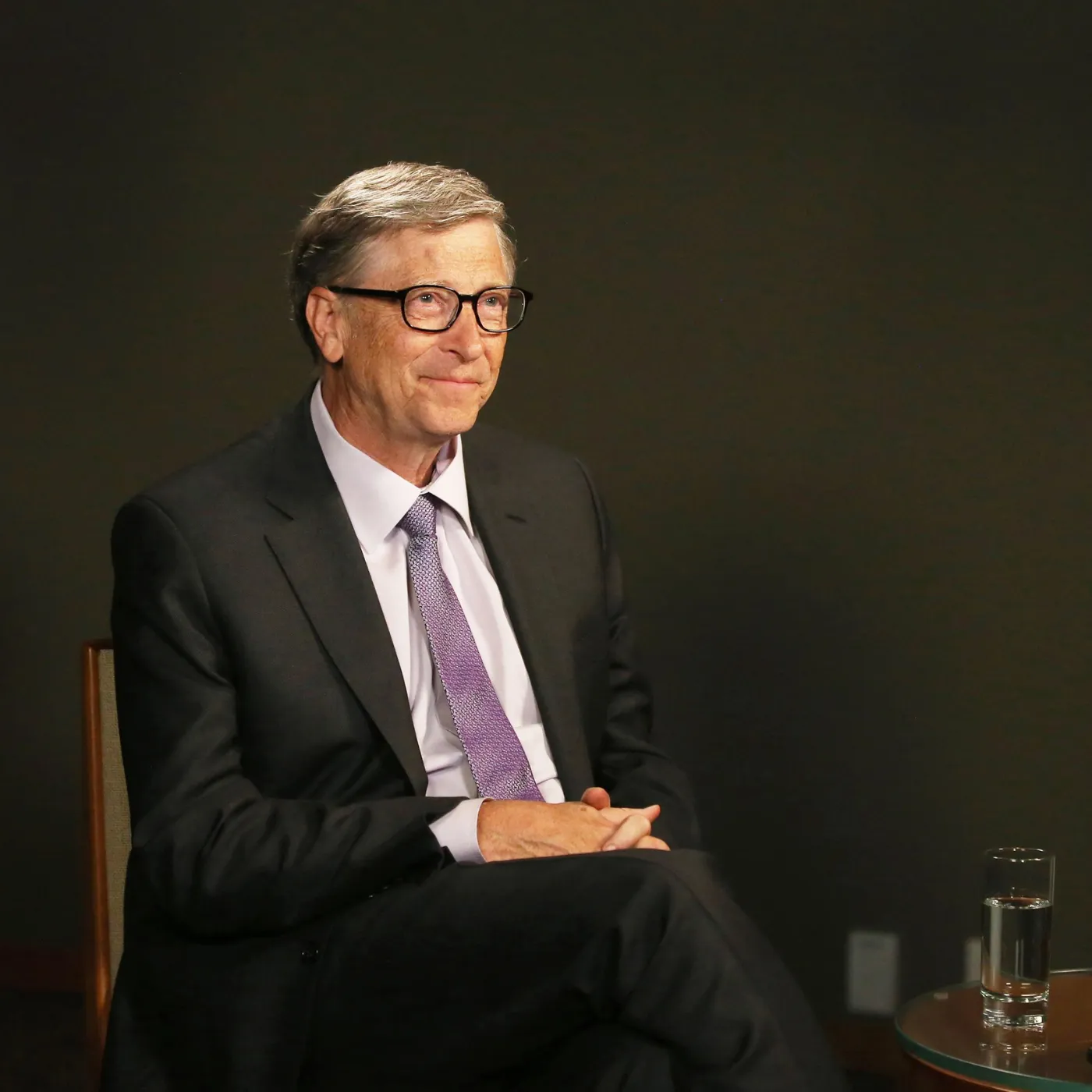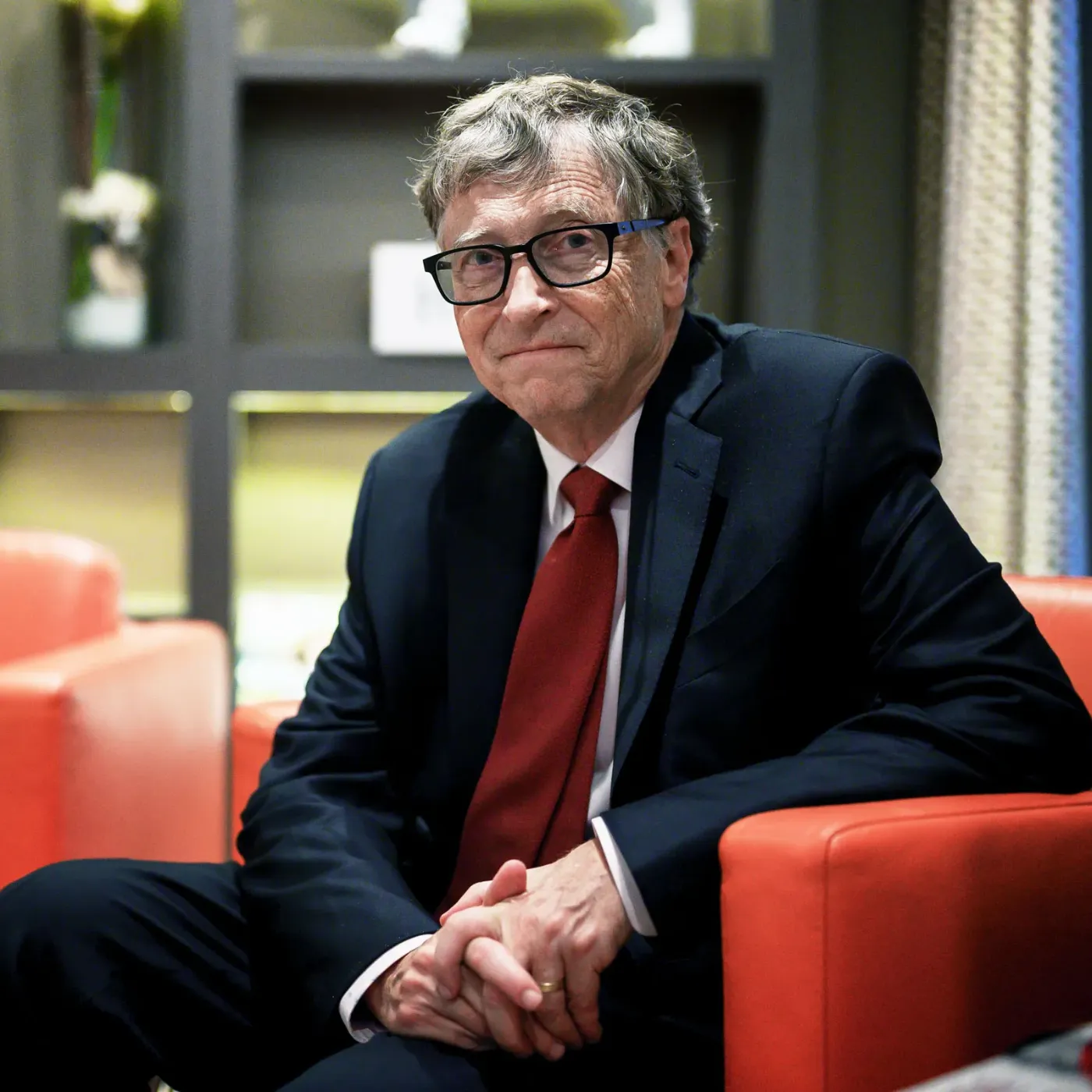

Bill Gates Warns: Uncontrolled AI More Dangerous Than Nuclear War?
Bill Gates, the co-founder of Microsoft, has once again issued a stark warning about the challenges facing the younger generation. In an interview with Patrick Collinson, Gates reflected on how the world’s greatest threats have evolved over time.
“When I was young, my only real concern was nuclear war. But today, the list of global dangers has grown significantly,” he stated.
Beyond Nuclear Annihilation: The Three Emerging Global Threats
While nuclear war remains a persistent fear, Gates believes three additional dangers have emerged, posing an even greater risk to civilization:
- Climate Change: An existential crisis that is no longer a distant threat but a present-day reality.
- Bioterrorism: The potential for engineered viruses and pandemics to wreak havoc on society.
- Uncontrolled Artificial Intelligence (AI): A fast-accelerating technological force that could spiral out of human control.
AI: A Growing Threat or Humanity’s Greatest Opportunity?
The debate over AI’s impact on society is nothing new, but the breakneck speed at which the technology is developing has raised alarms among experts, policymakers, and tech leaders. Gates is the latest to voice concern over AI’s potential dangers, emphasizing that without proper governance, it could pose severe consequences for humanity.
Surveys reflect this mounting anxiety. A 2023 poll in the United States revealed that two-thirds of Americans believe AI has the potential to threaten human civilization.
Climate Change: A Billion Children at Risk
Climate change, once dismissed as a future concern, has become a catastrophic reality affecting millions worldwide. A report by the NGO KidsRights revealed that over one billion children globally are already suffering the consequences of environmental devastation. From extreme heat waves to severe droughts and life-threatening diseases, the impact of climate change is undeniable.
Gates warns that failure to address this crisis could result in widespread famine, resource wars, and irreversible damage to Earth’s ecosystems.

AI’s Double-Edged Sword: A Threat and a Solution
Despite his concerns, Gates does not believe AI is purely a destructive force. If properly regulated, he argues, AI could become one of the most powerful tools to tackle some of the world’s biggest challenges.
“We don’t have enough doctors; we don’t have enough teachers in underprivileged areas. AI has the potential to fill those gaps,” Gates explained.
In medicine, AI could help diagnose diseases faster and more accurately than human doctors. In education, it could provide personalized learning experiences to students worldwide.
But the pressing question remains: Can humanity control AI before it controls us?
The Future of AI: Hope or Horror?
While some experts envision AI-powered utopias, others fear dystopian futures where machines dominate critical decision-making.
Gates maintains that human oversight will determine AI’s trajectory. However, he cautions that inaction and complacency could lead to unintended disasters.
A Critical Call to Action
Despite painting a picture of daunting global challenges, Gates remains cautiously optimistic. He believes that technological advancements can still reverse many of today’s crises—but only if humanity acts swiftly and decisively.
Among the breakthroughs he hopes to see in the near future are cures for major diseases like:
- Obesity
- Alzheimer’s
- HIV
- Polio
- Measles
- Malaria
“Innovation is moving faster than ever,” he emphasized. However, he also warned against sensationalized fear-mongering, suggesting that some threats might be exaggerated for public attention. Nevertheless, ignoring real dangers could lead to catastrophic consequences.
Tech Giants Under Fire: Gates Calls Out Industry Failures
Gates did not shy away from criticizing the missteps of major tech corporations. Recently, he took aim at Intel, accusing the company of falling behind its competitors.
Despite its setbacks, he praised former CEO Pat Gelsinger for his efforts to reform the struggling tech giant.
The Race for AI Control: Who Will Set the Rules?
While Bill Gates and other tech leaders acknowledge both the threats and opportunities of artificial intelligence, the bigger question remains: Who will regulate AI before it spirals out of control?
Governments around the world are scrambling to set guidelines, but the speed at which AI is advancing has left regulatory bodies struggling to keep up. The European Union has introduced the AI Act, aiming to classify and regulate AI risks, while the United States, China, and other nations are racing to craft their own policies.
But is it already too late?
Tech Giants vs. Governments: The Battle for AI Domination
As governments struggle to create effective regulations, tech billionaires and corporations continue to push AI boundaries. Companies like OpenAI, Google, and Meta are investing billions into advanced AI models, each striving to dominate the industry.
Some fear that these corporations, driven by profit and competition, may prioritize speed over safety—leading to potential unintended consequences.
Even Elon Musk, who has invested heavily in AI, has called for a six-month pause in AI development to ensure proper safeguards. However, many experts argue that such a delay is impractical, as companies outside the U.S. may continue AI advancements unchecked.

The ethical dilemma: can AI remain under human control?
Another looming question is whether AI can ever be fully controlled. Advanced models like Grok 3, GPT-4, and Gemini 2.0 are already capable of learning and adapting at an unprecedented rate.
If AI systems become too complex for human oversight, we may enter a reality where machines make critical decisions beyond our understanding—from financial markets to military strategies.
Gates believes that human intervention is still possible, but only if society acts immediately.
The Urgency of Action: A Call for Global Cooperation
Bill Gates and other experts emphasize that time is running out. The world must act swiftly to establish clear AI regulations before the technology outpaces human control. Without global cooperation, fragmented policies could lead to a dangerous AI arms race, where countries and corporations compete without proper oversight.
As AI reshapes industries, economies, and even warfare, the question remains: Can humanity unite to set ethical boundaries, or will we allow AI to evolve beyond our grasp? The future of civilization hinges on the choices we make today.
The Ultimate Question: Can We Control AI?
Gates’s warning serves as a wake-up call to the world: AI is not inherently good or bad—it depends on how we wield it.
The real question is: Do we have the responsibility, foresight, and leadership needed to steer AI toward a positive future?


















